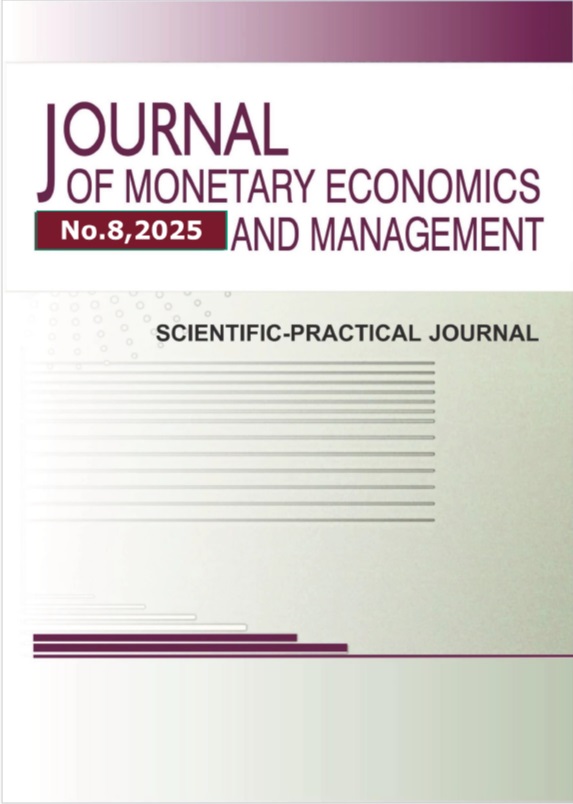graduate student
The article conducts a comparative analysis of technological development trajectories in the oil and gas sector of eight leading Latin American countries during the period 2010-2024. Based on analysis of empirical data and institutional changes, three main types of extractive sector development models are identified: technological advancement (Brazil), adaptation of foreign solutions (Argentina, Mexico), and gradual modernization (Colombia, Peru, Ecuador, Chile, Venezuela). It is argued that the success of technological development in the region's oil and gas industry is determined by a combination of institutional stability, scale of investment in research and development, effectiveness of international technological cooperation, and ability to adapt technologies to local conditions. Special attention is given to critical analysis of the limitations of each model and assessment of the potential for Russian-Latin American cooperation in the field of oil and gas technologies.
technological modernization, oil and gas complex, Latin America, international cooperation, institutional factors, technology transfer
1. Davydov V.M. Enciklopediya. Latinskaya Amerika / V.M. Davydov. – M.: Ekonomika, 2013. – 950 s.
2. Ermol'eva E.G. Rossiya i Latinskaya Amerika v kontekste global'nogo napryazheniya // Mirovaya ekonomika i mezhdunarodnye otnosheniya. – 2016. – T. 60, № 11. – S. 15-26.
3. Isaev M. G., Spil'nichenko V. K. Razrabotka nauchno obosnovannyh predlozheniy po metodam i indikatoram ocenki effektivnosti upravleniya cifrovoy transformaciey ekonomicheskih biznes-sistem // Sovremennaya nauka: aktual'nye problemy teorii i praktiki. Seriya: Ekonomika i pravo. 2023.№11/2. -S. 20-25 DOIhttps://doi.org/10.37882/2223-2974.2023.11-2.11
4. Pusenkova N.N. Meksikanskie i brazil'skie neftyanye serialy: kak preuspet' v reformirovanii neftegazovogo sektora // Ekologicheskiy vestnik Rossii. – 2015. – № 10. – S. 8-17.
5. Spil'nichenko V. K. Nacional'naya platezhnaya sistema kak sredstvo razvitiya cifrovoy ekonomiki i ukrepleniya ekonomicheskoy bezopasnosti strany / V. K. Spil'nichenko, A. A. Golikova // Novye traektorii ekonomicheskogo razvitiya v usloviyah global'noy neopredelennosti (XXIII Chayanovskie chteniya) : sbornik statey po materialam mezhdunarodnoy nauchnoy konferencii. – Moskva, 2023. – S. 192–197.
6. Fomin O. S., Spil'nichenko V. K., Salimova G. A. Osobennosti formirovaniya dohodov konsolidirovannyh byudzhetov sub'ektov Rossiyskoy Federacii // Amazonia Investiga. – 2021. – T. 10, № 48. – S. 254–263.
7. Agência Brasil. Driven by pre-salt, oil becomes Brazil's top export // Agência Brasil. – 2025. – January 18. – URL: https://agenciabrasil.ebc.com.br/en/economia/noticia/2025-01/driven-pre-salt-oil-becomes-brazils-top-export (data obrascheniya: 22.05.2025).
8. Ecopetrol. Annual Report 2023 // Ecopetrol S.A. – Bogotá, 2024. – 245 p.
9. Petrobras. Sustainability Report 2024 // Petróleo Brasileiro S.A. – Rio de Janeiro, 2024. – 156 p.
10. YPF. Vaca Muerta Development Strategy 2020-2030 // YPF S.A. – Buenos Aires, 2024. – 78 p.
11. International Energy Agency. Latin America Energy Outlook 2024 // IEA. – Paris, 2024. – 312 p.
12. Fomin O. S., Spilnichenko, V. K., Salimova, G. A., Nigmatullina, G. R., & Nadzhafova, M. N. (2021). Features of the formation of incomes of the consolidated budgets of the constituent entities of the Russian Federation. Amazonia Investiga, 10(48), 254–263. https://doi.org/10.34069/AI/2021.48.12.27
13. Economic Commission for Latin America and the Caribbean. Energy Transition and Industrial Policy in Latin America // ECLAC. – Santiago, 2023. – 189 p.
14. U.S. Energy Information Administration. International Energy Statistics Database // EIA. – Washington D.C., 2024. – URL: https://www.eia.gov/international/data/world (data obrascheniya: 22.06.2025).









